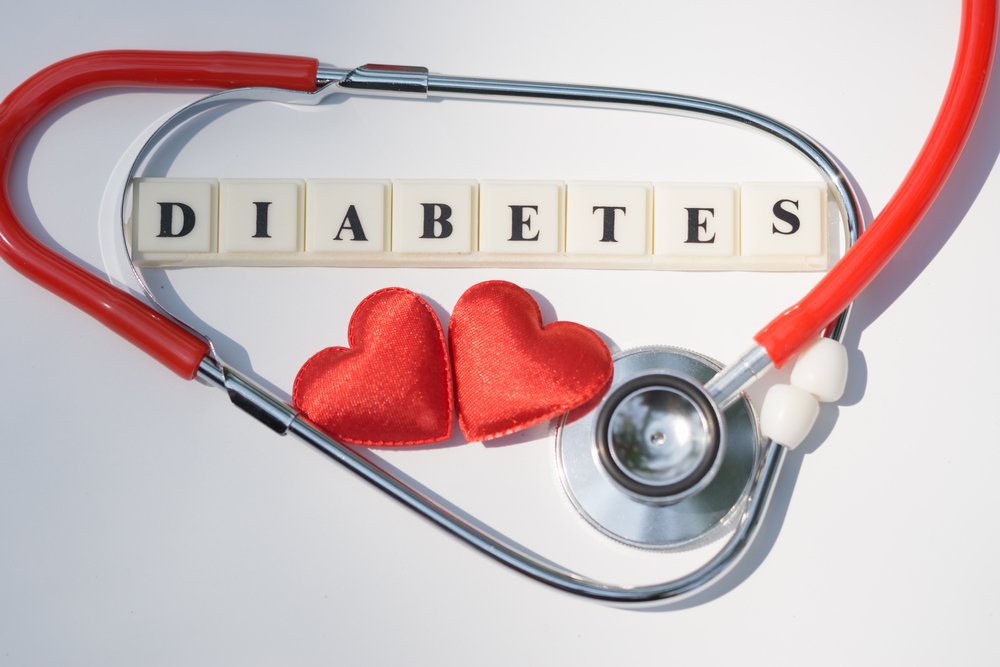Why Omega-3 Testing Is Moving Center Stage
In November, the International Society for the Study of Fatty Acids and Lipids (ISSFAL) released a formal position underscoring the value of measuring blood levels of the marine omega-3s EPA and DHA in clinical research. Published in Prostaglandins, Leukotrienes, and Essential Fatty Acids, this sixth ISSFAL Statement passed with a supermajority of the board and reflects a growing consensus: testing status matters as much as counting capsules.
Inside ISSFAL’s New Guidance
The Core Recommendation
ISSFAL now advises that future omega-3 trials should assess and report participants’ EPA+DHA status both before and after the intervention. This is not merely a procedural tweak; it is the foundation for judging whether a study delivered enough omega-3 to change biology in a meaningful way.
Why Measurement Beats Assumption
ISSFAL’s reasoning is straightforward. First, human omega-3 status is shaped by many variables—diet, supplements, genetics, metabolism, age, and lifestyle among them—so reported intake alone can mislead. Second, some studies use doses too low to shift tissue levels, and even with adequate dosing, individuals absorb and incorporate omega-3s at different rates. Third, without objective blood data, null findings may reflect insufficient exposure rather than true lack of benefit.
What Journals and Investigators Should Report
Beyond pre/post status, ISSFAL encourages researchers to explore how omega-3 levels relate to clinical outcomes and to publish full fatty-acid profiles—not only the omega-3 fraction. This fuller picture helps the field interpret results, compare across trials, and refine future study designs.
The Omega-3 Index: A Practical Tool for Status
What the Index Measures
The Omega-3 Index quantifies EPA and DHA as a percentage of total fatty acids in red blood cell membranes. Because red cells turn over slowly, the Index reflects average omega-3 intake and incorporation over roughly three to four months, offering a stable view of long-term status rather than a snapshot of yesterday’s meal.
The Target Range
An Omega-3 Index between 8% and 12% is widely considered optimal and has been associated in research with better outcomes across several domains, including cardiovascular, cognitive, ocular, joint, and prenatal health. Most populations consuming Western diets fall short of this range.
Expert Perspective and Real-World Implications
William S. Harris, PhD—co-inventor of the Omega-3 Index—welcomed the ISSFAL statement as an important step toward routine status testing in both research and clinical practice. His long-standing aim is to see omega-3 measurement become as commonplace as a cholesterol panel, giving clinicians and individuals a clear, actionable marker to guide diet and supplementation.
Why This Matters for Patients and Practitioners
From Guesswork to Personalization
Without testing, people are left to estimate how much omega-3 they’re getting and whether it’s enough. The Omega-3 Index replaces guesswork with a specific number that can be improved through tailored changes—more oily fish, an adjusted supplement dose, or both—and then re-checked to confirm progress.
A Simple, Safe, Accessible Assessment
Finger-stick tests make it easy to measure omega-3 status at home or in clinic settings. Because the Index reflects tissue levels, not just short-term intake, it is well-suited to tracking meaningful change and linking that change to health goals.
The Bottom Line
ISSFAL’s endorsement of omega-3 blood testing signals a maturing field: to judge the true impact of EPA and DHA, we must measure what reaches the bloodstream and tissues. As more researchers, clinicians, and consumers adopt the Omega-3 Index, expect clearer studies, more precise recommendations, and better outcomes guided by a biomarker that actually reflects biology.




